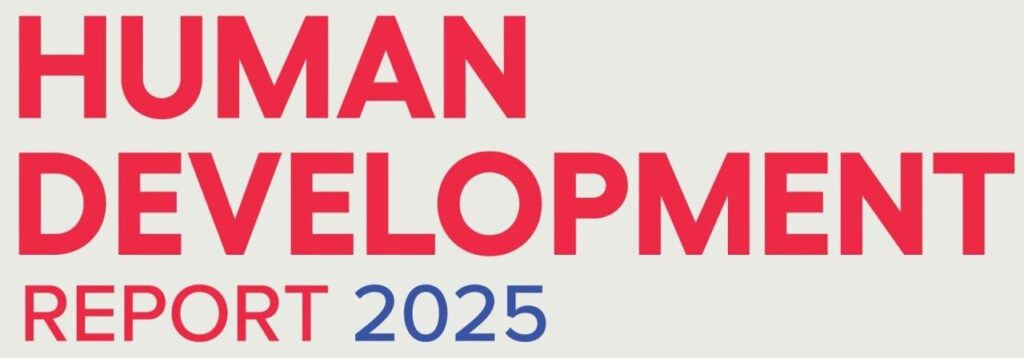Tehran – According to the latest Human Development Report (HDR) 2025 of the United Nations Development Programme (UNDP), Iran is located in countries with a high development index (HDI).
However, Iran’s score has dropped from 0.779 to 0.779 from 0.780 this year. The country ranks 75th out of 193 countries and territory, and is placed in the “high human development” category. Between 1990 and 2023, Iran’s HDI value changed from 0.626 to 0.799, with a 27.6% change.
Going forward, the Gender Inequality Index (GII) remains an area of improvement, with Iran ranking 123rd out of 172 countries. This underscores the need to continue investing in equitable access to education, employment and health services for women and girls.
According to a 2025 report, progress in human development has experienced an unprecedented slowdown. The report shows how AI can rekindle development.
Instead of seeing a sustained recovery following the exceptional period of 2020-2021 crisis, the report reveals unexpectedly weaker progress. Excluding these crisis years, the slightest increase in global human development projected in this year’s report is the smallest increase since 1990.
2025 HDR: “Choice Problems: People and Possibilities in the Age of AI” analyzes development advances across a variety of indicators known as the Human Development Index (HDI), which includes health and education outcomes, along with income levels.
The report highlights the growth of divisions between high and low HDI countries, reversing decades of profit. As a global challenge narrowing traditional development paths, from economic shocks to climate pressures, the report encourages the country to act decisively and inclusively.
“For decades, we have been on track to reach a very high world of human development by 2030, but this slowdown represents a very realistic threat to global advancement,” said UNDP administrator Achim Steiner. “If progress in 2024 becomes a ‘new normal’, that 2030 milestone could slip for decades. Our world is less secure, more divided and more vulnerable to economic and ecological shocks. ”
The report also includes the findings of a new study that shows people are realistic yet hopeful about the changes that AI brings. Half of respondents around the world believe they can automate their work. More shares (1 in ten) ask about AI positive impacts on employment, creating opportunities for jobs that may not exist today.
Only 13% of survey respondents fear that AI could lead to unemployment. In contrast, in low and mid-HDI countries, 70% expect AI to increase productivity, and two-thirds expect to use AI in education, health, or work within the following year.
The report advocates a human-centered approach to AI. This could fundamentally redesign the approach to development. The findings show that people all over the world are ready for this kind of “reset.”
This report outlines three key areas for action. From design to deployment, embedding human agents throughout the complete AI lifecycle. Modernize education and health systems to meet the demands of the 21st century.

